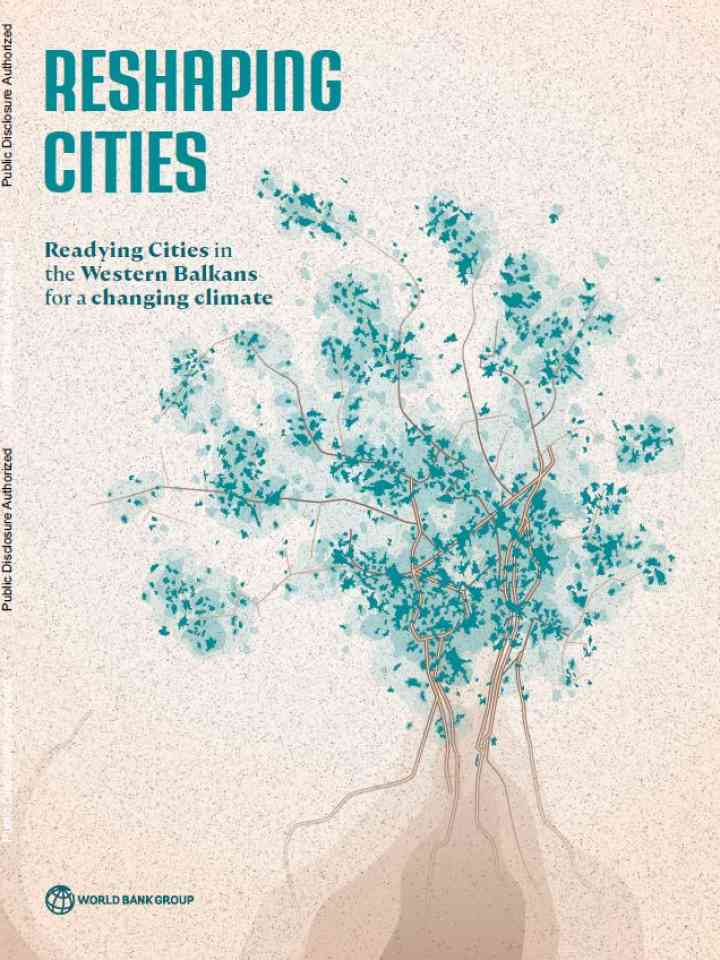Reshaping cities: Readying cities in the Western Balkans for a changing climate
This report has three objectives. The first is to describe how cities and climate change are changing, and to identify relationships of interest between these two trends. The second is to analyze how a changing climate is affecting urbanization and how cities themselves contribute to climate change. The third is to prescribe ways for policy makers in national and local governments - working with the private sector and communities - to reshape urban development in ways that will promote greener, more resilient, more inclusive, and more competitive outcomes.
Cities in the Western Balkans are no strangers to great upheavals. They have charted their course through wars, political transformations, and societal shifts, and their ability to endure has emerged as a defining characteristic. Now, as the threat of climate change casts its shadow over the region, the formidable resilience of these cities faces a renewed trial in the face of urgent challenges. Part 1 of the report describes how a changing climate is linked to cities in the region, and what policy makers should do to respond. Part 2 provides a compendium of case studies of 5 cities in the region that provides nuanced data and analysis targeted at country- and city-level policy makers.
Explore further
